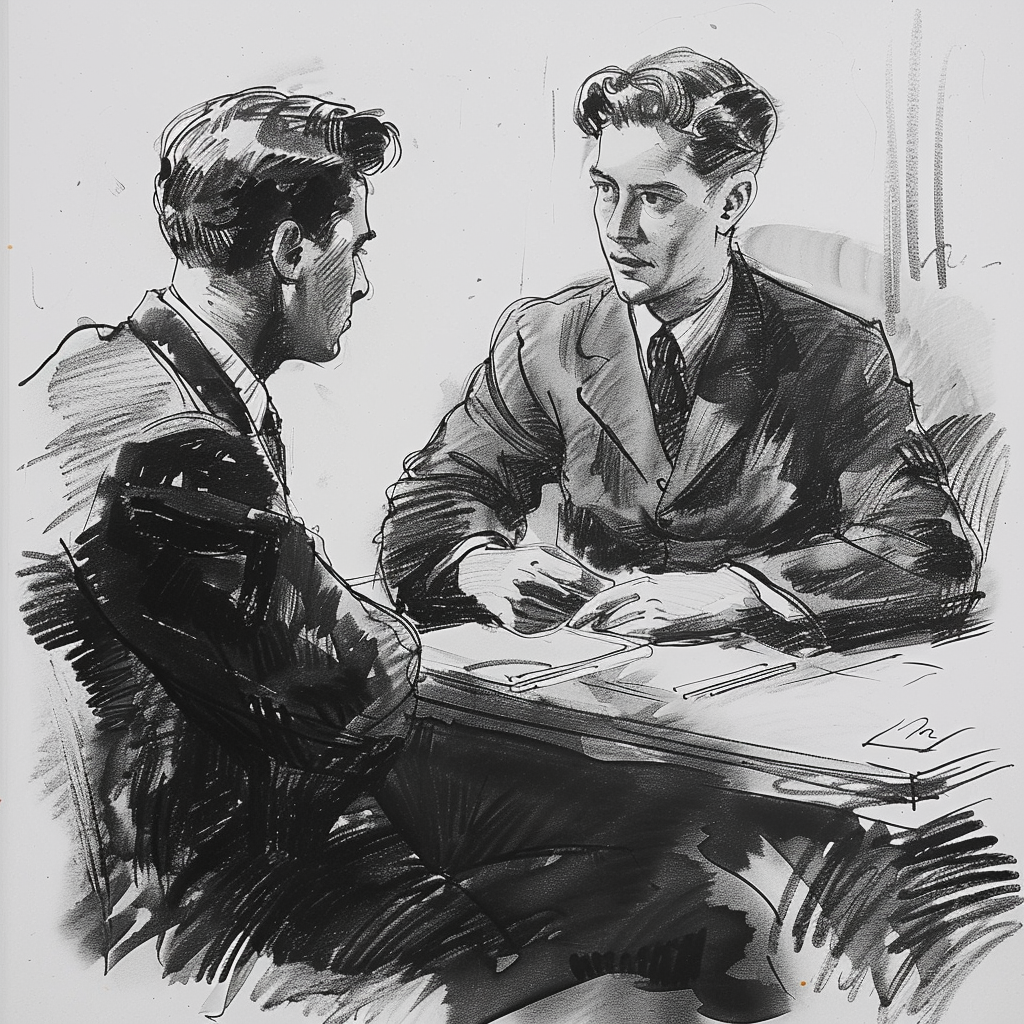The name probably came from the early days of steam navigation, when sweating men with their upper bodies exposed incessantly shoveled coal into the fire vents of the ship’s boilers.
This post has been moved. Please follow us on Medium to read and/or listen (!) to it in full.
The Bright Side of the Doom, a Prequel to 1984, The 18-Year-Old Who Wrote a Note and Disappeared is now available worldwide in bookstores as a hardcover, paperback, and e-book‼️
